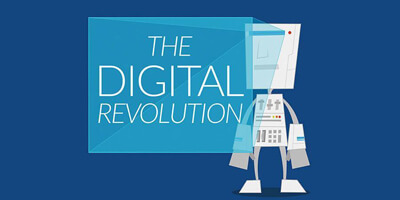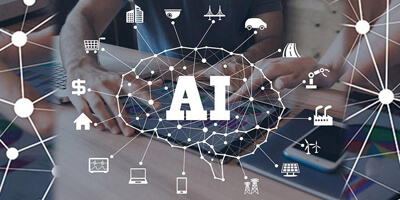5G won't come cheap. In the United States alone, fiber infrastructure to prepare for the next generation technology could cost up to $150 billion, according to Deloitte. But despite 5G's hefty bill, a recent survey discovered that 75 percent of end user organizations would be willing to pay more for 5G mobile capabilities.
Features
Wearables are the future, not smartphones
There's been talk among analysts that smartphones will slowly become redundant in the future and make way for more innovative communication platforms. Despite the fact that US consumers now own 27 million more smartphones than they did last year, wearables will eventually take the lead, some analysts speculate, as communication requirements evolve over time.
How can telcos navigate the digital revolution?
Telecom providers face tough times as digitization disrupts traditional business models. In fact, the telecom industry is ranked second after media as most likely to experience major digital disruption, according to a 2015 survey of C-level executives from 15 industries. EITC, the parent company of du, has responded to the disruption of digitization by embracing it, launching a fully digital mobile service.
As the value of data burgeons, new antitrust methods are needed
Corporate data is becoming what oil is to Saudi Arabia, says Clear Peak analyst Brad Cowdrey - outrageously profitable. There is so much valuable data available to corporations today, he says, and its potential uses are proliferating so rapidly that not using it would be negligent. But the dominance of tech giants that rule the data world has prompted calls for them to be broken up, the same way Standard Oil was in the early 20th century, over antitrust concerns.
Driving prosperity through digital talent, innovation and entrepreneurship
Artificial intelligence, the internet of things, big data and robotics are keys to shaping a positive future. Networked and sustainable cities, autonomous vehicles, intelligent factories and personalized health services are determining our everyday lives. With these technological innovations, the way we live and work will change fundamentally. They bear enormous potential for economic prosperity and social progress. But how can society successfully carry out this transformation?









